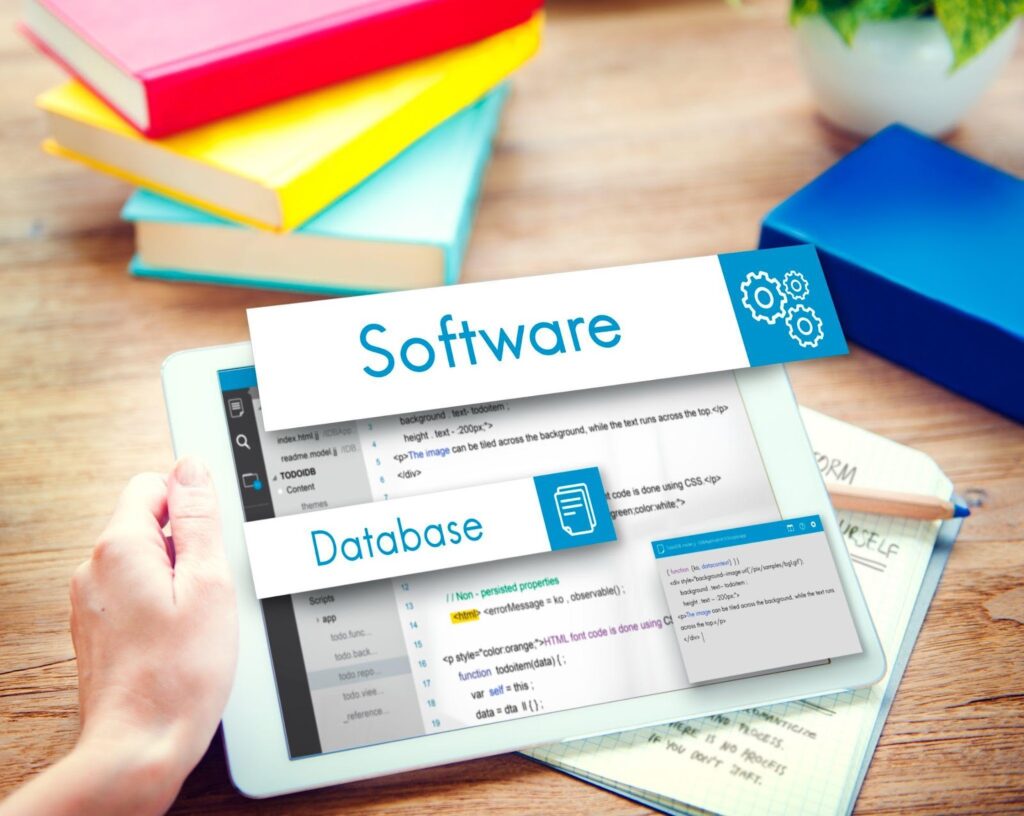
IS ITSM IMPORTANT FOR SOFTWARE DEVELOPERS
Roles and obligations from across the corporation are increasingly included in information technology. Customers want businesses to be capable of managing these services, which is a constant issue. Businesses rely on IT Service Management (ITSM) to properly coordinate these practically innumerable operations and procedures while also ensuring that they deliver real value to customers. IT service management is the link between an organization’s IT employees and the end-users who require IT services. It has a variety of advantages as a result of this.
IT managers have high expectations for IT service management (ITSM) systems, and it’s no longer just about the help desk. Custom software development company help IT firms by developing highly adaptive applications that boost their business growth.
WHAT IS IT SERVICE MANAGEMENT?
IT service management, or ITSM, is the process of managing the end-to-end supply of IT services to consumers by IT teams. This comprises all of the activities and processes involved in designing, developing, delivering, and maintaining IT services. The premise that IT should be supplied as a service is at the heart of ITSM. ITSM scenarios often involve requesting new gear, like a laptop. You’d make your request through a gateway, filling out a ticket with all required details and starting a repetitive process. The ticket would then be placed in the queue of the IT department, which sorts and prioritizes incoming requests.
In the IT sector, there is a popular belief that a correct strategy to ITSM should follow these three steps in this sequence:
1) Develop and implement information technology.
2) Implement and enforce the proper procedure.
3) People are capable of learning the technology and adhering to the procedures.
HOW DOES ITSM PLAY AN IMPORTANT ROLE IN SOFTWARE DEVELOPMENT?
ITSM software helps IT teams to meet the business needs and approach transformational culture and growth in a strategic manner. From standalone programs to platform services, the industry offers a wide range of ITSM software products. IT teams frequently complain that traditional ITSM solutions are inflexible, making it difficult to adjust and adapt to changing requirements. As a software engineer, you’ll most probably be working on projects to create new systems or make updates to current ones. You might also work in an application support job, where you fix bugs in existing systems.
Following are the things you should always keep in mind-
- Understand the Service Desk and Incident Management Processes. Understand how and where to raise issues, track them, and ensure that they are remedied.
- If you’re a developer who focuses on the application support end of this equation, you’ll take a different approach to ITSM. As a receiver of these support issues, knowing the business side is perhaps the most critical thing you can accomplish when it comes to ITSM.
- It can help you do your job better if you raise support issues, understand the protocol for raising support issues, difficulties, and change requests. Knowing about the many involved parties and what they perform will give you some idea of where requests go and expedite their completion.
- When it comes to software development, think long-term. As software developers, we’re frequently under pressure to do tasks on time and at a high standard. To get tasks completed or to make tasks easier, can sometimes entail sacrificing quality. Once your software is implemented, the support teams who work on addressing faults as components of the ITSM process will be in charge of it. As a result, keep in mind that producing high-quality code will make things easier for your company in the long run.
Also read: Top Mobile App Development trends for 2022 that every digital entrepreneur should know